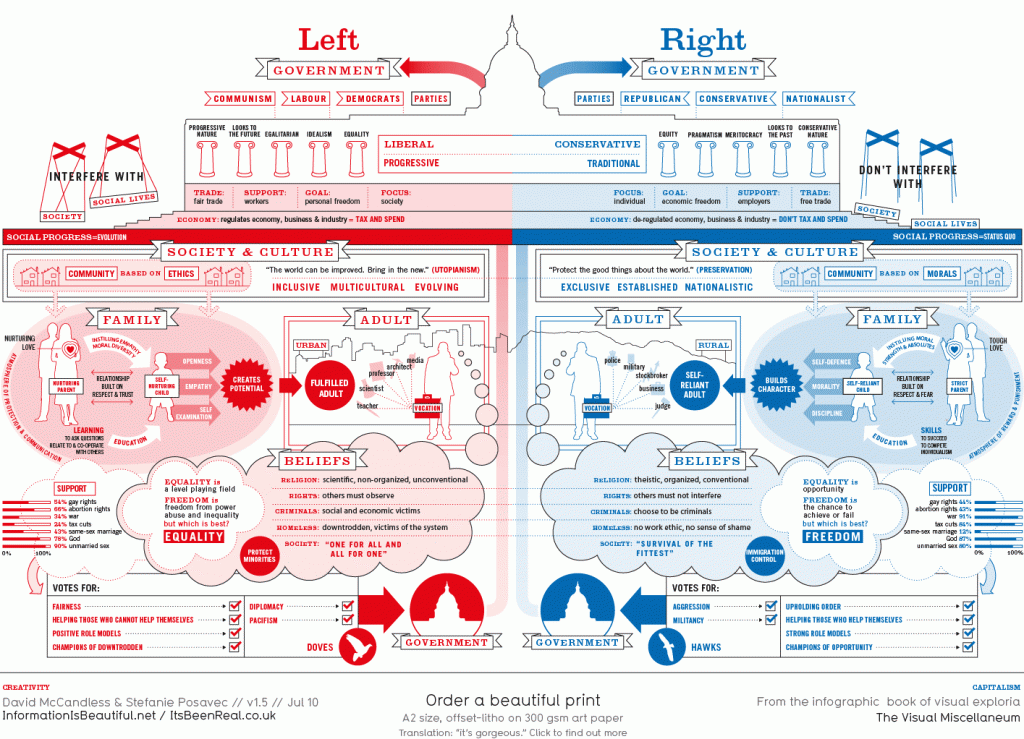Mercer and Economist Intelligence Unit produce rankings every year on the world’s most liveable cities. The reports from both organizations show the cities around the world with the highest standards of living. These rankings are based on different variables to measure the quality of the cities, and thus show different results.
According to Mercer’s Quality of Living Survey 2011, these cities ranked the highest:
- Vienna, Austria
- Zurich, Switzerland
- Auckland, New Zealand
- Munich, Germany
- Dusseldorf, Germany and Vancouver, Canada
- Frankfurt, Germany
- Geneva, Switzerland
- Bern, Switzerland and Copenhagen, Denmark
This Survey is based on the criteria of safety, education, hygiene, health care, culture, environment, recreation, political-economic stability and public transportation. Mercer uses New York City as the central point of comparison – giving it a median score of 100. The rest of the cities are measure against this score. At the bottom of the list was Port-au-Prince, Haiti with a score of 27.8.
Economist Intelligence Unit (EIU) created a list of World’s Most Liveable Cities in 2011, which ranked the following at the top:
- Melbourne, Australia
- Vienna, Austria
- Vancouver, Canada
- Toronto, Canada
- Calgary, Canada
- Sydney, Australia
- Helsinki, Finland
- Perth, Australia
- Adelaide, Australia
- Auckland, New Zealand
The EIU placed emphasis on accessibility to goods and services, level of personal risk, and efficiency of infrastructure. Other criteria it used include: stability, healthcare, culture and environment, and education. Instead of having a central point of comparison like Mercer, the EIU used a weighting scale from 1 to 100. Harare, Zimbabwe, ranked the lowest on this list with a score of 38.2%.
The rankings of EIU tend to rank Anglophone cities higher than others, compared to Mercer’s Survey. Mercer definitely has more diversity in its top 10 cities. Mercer used 39 criteria, whereas EIU used only 30. Using more specific criteria could generate more accurate and/or diverse results. Both rankings recognized certain factors that might influence the rankings of a city, such as the economic crisis in Europe and regional wars in Africa and the Middle East. The two lists only have Vienna, Austria, and Auckland, New Zealand in common – the rest are completely different. The different criteria and ways of comparing the measures/cities result in very different outcomes. Evidently, it is never sufficient to rely on one single set of data: there could be bias or there could be other possible measurements for the same things being observed. Looking at multiple data sets give us a better understanding of what we are studying.
